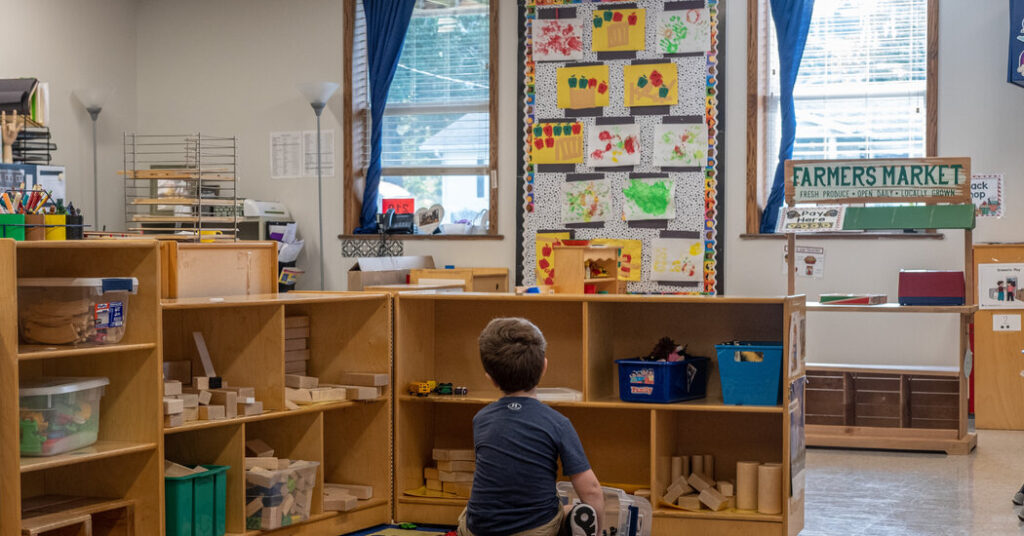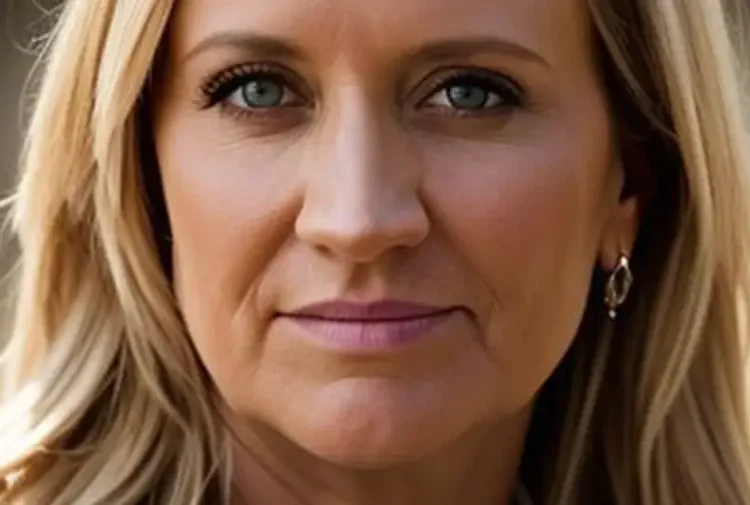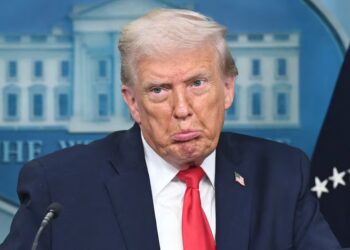A West Virginia judge has ruled that the state’s school vaccine law, should be loosened to allow exemptions for people with religious objections.
Exemptions to the state’s vaccine requirement have been granted only for medical reasons, and for decades the state has had one of the nation’s highest rates of children vaccinated against measles and other dangerous infections.
But the judge, whose ruling applies to all families who have sought religious exemptions, found that not allowing these exemptions violates the state’s two-year-old religious freedom law, and that it “substantially burdened” those who had religious objections “by forcing them to choose between vaccination and public education.”
The ruling comes amid an intensifying national debate over vaccines, as more parents seek to opt out of mandatory vaccinations as the number of cases of measles and other infectious diseases are rising. Just a week ago, the nation’s top health official, Health Secretary Robert F. Kennedy Jr., personally directed federal medical authorities to change the guidance on vaccines.
Requests for all kinds of exemptions have beenincreasing. The case in West Virginia was focused on religious objections, which are not addressed by the state’s 89-year-old vaccine law.
Public health experts in the state have championed the law, saying that in a poor state with many rural families living far from hospitals, the school vaccine mandate helped West Virginia avoid outbreaks of measles and other diseases that have struck in states with less stringent requirements.
Campbell Robertson reports for The Times on Delaware, the District of Columbia, Kentucky, Maryland, Ohio, Pennsylvania, Virginia and West Virginia.
The post State Court Rules School Vaccine Law Can’t Bar Religious Exemptions appeared first on New York Times.




